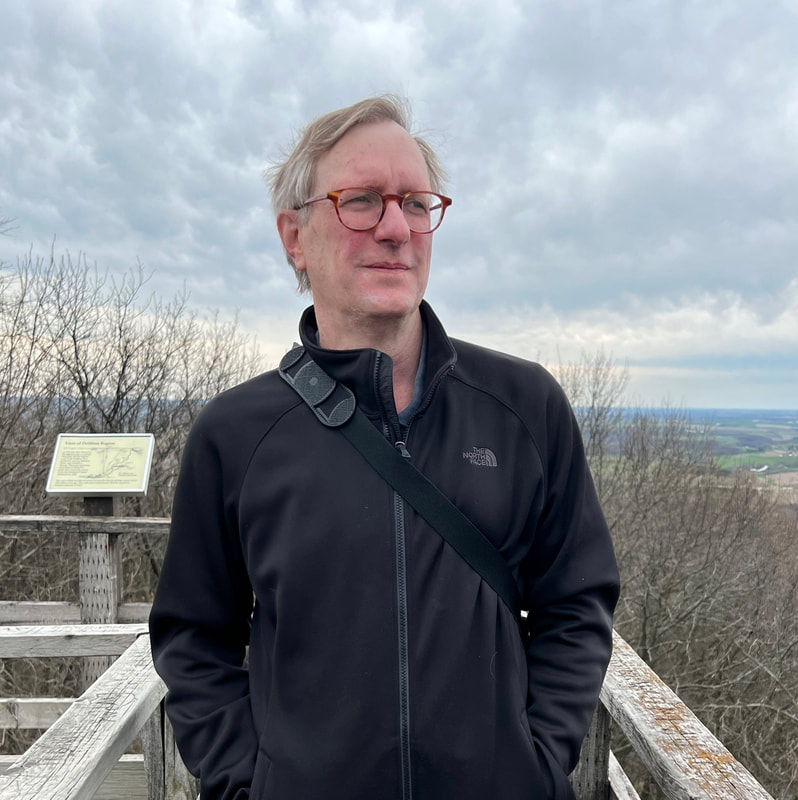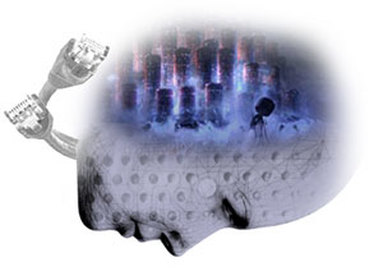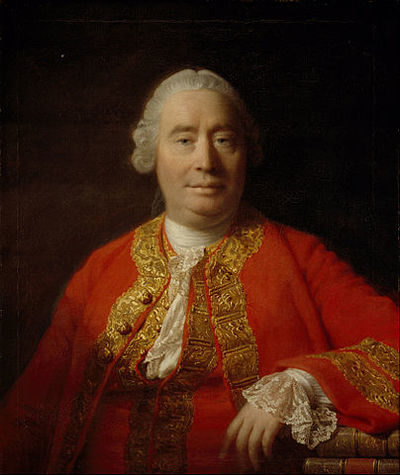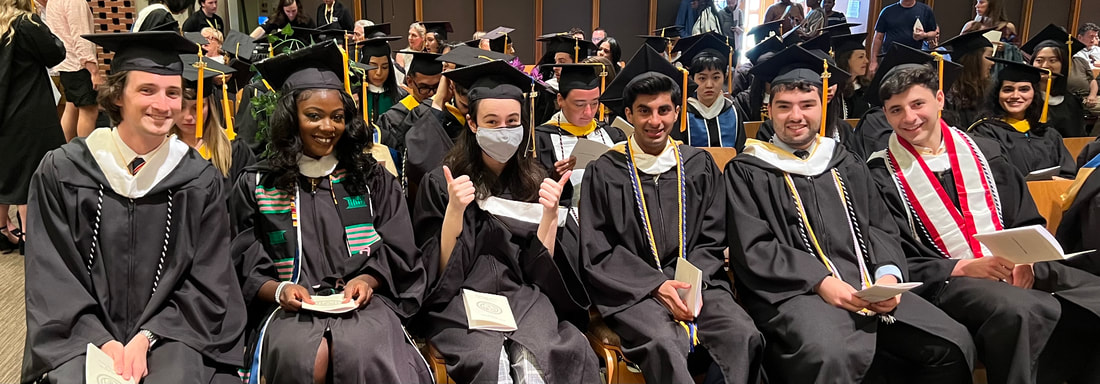|
I am an professor of philosophy at the University of Rochester, with research and teaching interests in public health ethics, neuroethics, and political philosophy.
In addition to my primary appointment in Philosophy, I also serve as chair of the Steering Committee for the Public Health-Related Majors, a group of five interdisciplinary majors: Bioethics, Environmental Health, Epidemiology, Health Policy, and Health, Behavior, and Society. Within the program, I direct the Bioethics major. I also I work with the Clinical Ethics program in the Department of Health Humanities and Bioethics at the University of Rochester Medical School. Outside Rochester, I serve on the (mostly defunct) Ethics Committee of the Empire State Stem Cell Board for the State of New York. |
"My country is the world and my religion to do good."
|
Research
|
My research falls into four broad categories. First, I work in a number of issues in health care ethics. I am especially interested in the ethical justifications for public health initiatives and particularly those for newborn screening. In addition, I have an interest in the myriad of ethical issues that arise in organ transplants and in the complex set of ethical issues at the intersection of neuroscience, neurology, and ethics. I have a special interest in the extent to which we think that we should be able to use medicine to modify our brains to improve our memory, our cognition, our moods, and our personality.
Second, related to these issues, I have been teaching and writing about the meaning and implications of death, both for how it affects bioethical issues and for how it affects the way we create meaning in our lives. Third, I have a continuing interest in the social and conceptual foundations of liberal institutions and practices. I have a special interest in the philosophical justifications for toleration, which is the subject of my book Trust and Toleration. Fourth, I study the historical foundations of modern politics in the eighteenth century, with an emphasis on the works of the great Scottish philosopher David Hume and those of the American Founders. |
|
Sources: http://www.salon.com/2003/11/11/real_matrix/
Plague skull, St.Mary at the Hill, London (photo by author) Allan Ramsay, David Hume Chester Harding, James Madison |
Teaching
|
Philosophy is not a set of facts to be learned, but a method of inquiry. I hope both to model that method and to encourage it in my students, through discussions and writing assignments.
|
Graduates in Bioethics 2023
Teaching, Fall 2024
PHIL 221: Philosophical Foundations of the American Revolution. Particularly in n an election year, we should think carefully about the meaning and justification of the American Republic. In this course, we will study the founding of the United States by examining the political theory which sparked the revolution itself and which lay behind the writing of the Constitution. We will look at some of the key works that were read by the Founders, particularly the works of John Locke, the Baron de Montesquieu, and David Hume. But we will also look at important works that from the period surrounding the revolution and the writing of the Constitution, like those by Thomas Paine, Thomas Jefferson, James Madison, and Alexander Hamilton, and we also look at writers that were sometimes ignored at the time, like those from Black authors and women.
The eighteenth century was a time of remarkable intellectual activity in the West, and the Americans played a central role in it, both reflecting the thought in Europe and influencing the course of thoughts and events there. Although it was over 200 years ago, the eighteenth century was a modern period: their concerns are largely our concerns. But since they come from a different background, they approach these concerns in a different and (I hope) illuminating way. So we want to examine these ideas in their context, but we also want to see what these thinkers can tell us about the role and nature of government and of society.
PHIL 228: Public Health Ethics.. Most health care ethics focuses on the individual decisions about treatments, but many ethical questions have implications for society at large. The demands that individual health decisions make on the system may create collective problems, and conversely, the needs of society may limit the freedoms that individuals think they should have. Public health ethics then, lie at the intersection of medicine, political philosophy, and public policy. This course will examine the values of health, social needs, and freedom through a systematic examination of situations in which these conflicts arise. We will examine the issues by looking at it through three levels: through theoretical readings in philosophy, through readings in the broad issues of public health, and by considering case studies.
Teaching, Spring 2025
PHLT 300/PHIL 311: Seminar in Bioephlt_300. The Seminar in Bioethics is intended as a capstone experience for bioethics majors, but it is open to anyone who has taken PHIL 225 or 228 or with permission of the instructor. In a discussion-based seminar format, we will examine the foundations of bioethics and then we will look at book-length treatments of several important issues, chosen by the participants as whole among topics like health care justice, global health justice, stem cell research, transplantation ethics, enhancement technologies, and issues in end-of-life care.
PHL 312: Neuroethics. Advances in neuroscience allow us to understand the brain and its functions more completely now than ever before. From these findings, new medical techniques and technologies are being developed that will allow us to peer into the working of others’ minds and to alter our cognitive functions, our memory, and our moods, raising fundamental questions about free will, about the basis for our identity as persons, and about morality itself. For these reasons, neuroscience may pose a deeper set of moral issues than any other science and this course will seek to explore the ethical issues that it raises.
Future Teaching (Tentative)
Fall 2025: PHIL 228 Public Health Ethics
PHIL 313 Global Health Ethics
Spring 2026: PHIL 312 Neuroethics
PHIL 321 Death
Fall 2026: PHIL 228 Public Health Ethics
PHIL 221 Philosophical Foundations of the American Revoution
Spring 2027: PHIL 321 Death
PHLT 300/PHIL 311 Seminar in Bioethics
Contact information
Office hours: Summer 2024
By appointment only
(Zoom appointments available)
By appointment only
(Zoom appointments available)
|
|
offices |
Lattimore Hall 529
|







